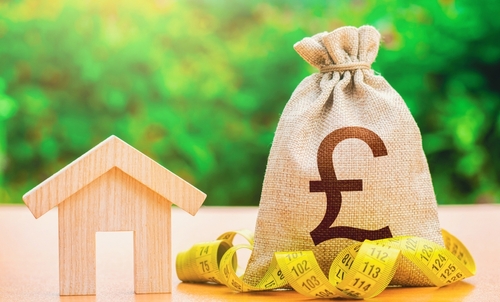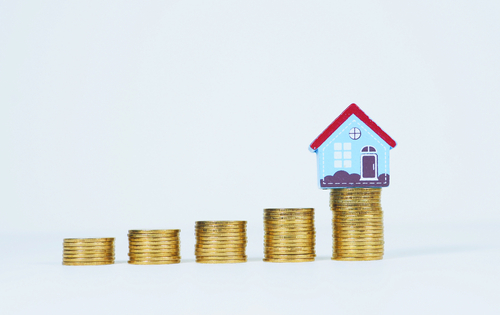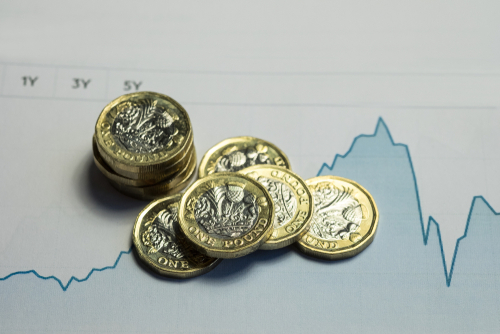
Wealthier homeowners face a double tax blow from a combination of higher stamp duty on purchases and the still looming threat of a mansion tax.
Chancellor George Osborne's decision to hike stamp duty on properties costing more than £1.5 million to a hefty 12% was partly an attempt to head off Labour's controversial mansion tax proposals.
But property experts say Labour leader Ed Miliband may still be committed to the tax, which would further derail activity at the higher-end of the market.
Noel Meredith, executive director of United Trust Bank, said: "The stamp duty changes will undoubtedly add more fuel to the debate about the taxation of higher value properties.
"Initially this might have been interpreted as the government's answer to a mansion tax but it could actually be the first of a double hit on wealthier home owners.
"The Labour Party has supported these changes to stamp duty but appear to still want an annual mansion tax on top.
"So while these changes are good news for most home buyers, they could make an already softening market even more challenging for high end developers."
Under new stamp duty rules, introduced in the Chancellor's Autumn Statement on Wednesday, anybody buying a property costing more than £937,500 will pay more.
The charge on a property costing £2.1 million will increase by £18,750 and by £913,750 on a £20 million home, Baker Tilly says.
Osborne's long overdue decision to replace the "slab" structure with a new progressive system of charges was broadly welcomed by the industry, although there were fears they could fuel a bubble at the lower end of the market.
But wealthier buyers and high end developers serving that market will suffer, Meredith said. "Someone buying a new home at £3.5 million will pay an extra £88,750 under the new regime.
"This will be a further burden to some developers already challenged by non-committal buyers uncertain about the possible imposition of a mansion tax.
"I expect agents and developers to be busy handling price renegotiations from buyers unwilling or unable to find these extra sums.
"In the worst cases sellers will lose sales or have to agree a lower price, effectively footing the extra stamp duty bill on their buyers' behalf."
The property industry is threatened by the fact that politicians see it as a source of easy revenue, Meredith said. "With so many costs and complications associated with house building it's no wonder we don't produce the volume of new homes we need."
Mark Graves, director at Pink, said the new structure has created anomalies around the price barriers. "Someone buying a house at £250,000 is no better or worse off, but someone buying at £275,000 is £4,500 better off.
"The same happens at the other end of the scale where someone buying a property at £1.12 million will pay exactly the same stamp duty as before whereas someone buying a £1 million house will be £6,250 better off.
"At £1.5m they would will be £18,250 worse off than before."
The biggest anomaly is that someone buying at £1.9 million will see a whopping £46,750 increase in tax, whereas at £2 million they would pay just £13,250 more, Graves said.
"As a result I think that there will be a real rejigging of offers on houses around this upper end."












Comments